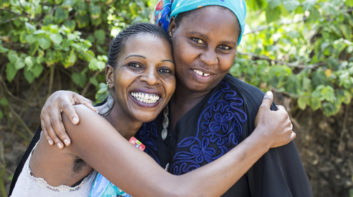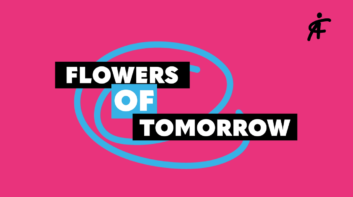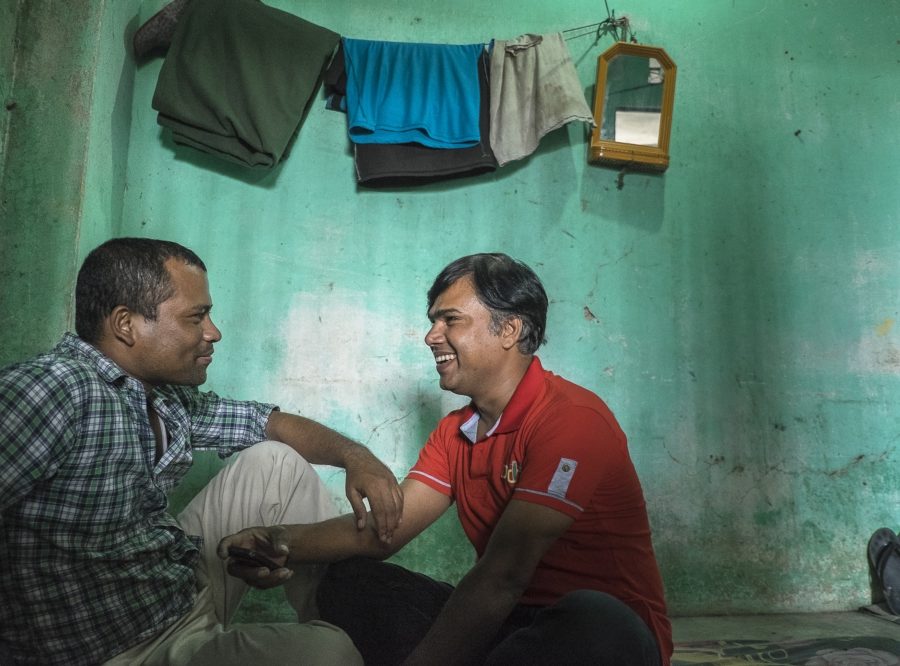
Human rights
Respecting and upholding human rights underpins everything that we do, because everyone deserves to have their rights respected.
Everything we do is rooted in our two key beliefs:
- That the lives of all human beings are of equal value.
- That everyone has the right to access the HIV information and services they need for a healthy life.
It is not a coincidence that HIV and AIDS disproportionately affects criminalised and marginalised people. It is largely due to the fact that by virtue of who they are or what they do, their rights are more likely to be denied, and no less when attempting to access HIV services. This can increase their risk of HIV and make them less likely to access effective testing, treatment and care.
People deserve their rights to be respected for no other reason than because they are human. But it is also a necessity that they are respected if we are going to end AIDS.
Our approach
In all that we do, we consider the human rights of the people with whom we work, or who we might affect. We acknowledge that it takes many different players to uphold individual human rights ranging between states as duty bearers and individuals as rights holders. We engage in several different ways, from engaging communities to demand rights-compliant services to engaging in global advocacy.
How we do it
Around the world, our programmes help local communities living with HIV to recognise, and stand up for, their basic human rights.

Nadoum aims to accelerate action to sustain and improve HIV services for people...
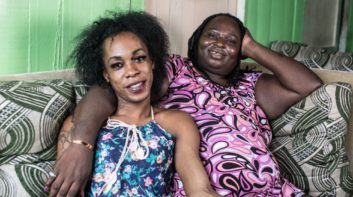
Our Rapid Response Fund supports marginalised communities to tackle HIV-related...
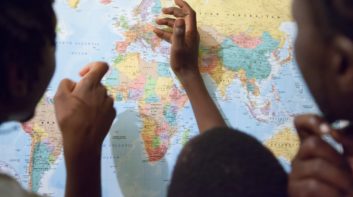
The Rights – Evidence – ACTion (REAct) tool has been developed to record,...
OUR IMPACT
We’re proud of the work we do to support the human rights of those at risk from, or living with, HIV. In 2019 we and our partners:
- Documented and responded to individual cases of violence and discrimination via REAct.
- Disbursed 101 Rapid Response Fund grants, totalling almost $900,000, to 76 community-based organisations (CBOs) across Africa, Latin America and the Caribbean. These grants have directly supported more than 2,000 LGBT people to respond to crises affecting their access to HIV services.
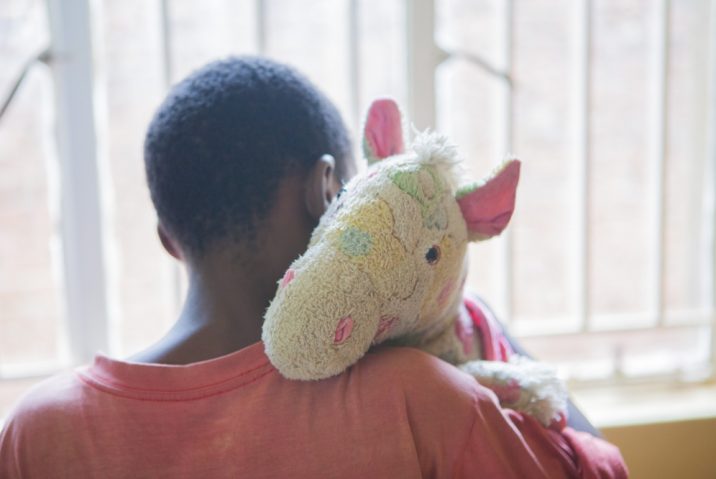
HOW OUR WORK HELPS MAToFu AND SUPHI
For Ugandan-born Matofu, the threat of violence had become a way of life, because people reacted to him being gay.
Fleeing his home for a refugee camp in Malawi didn’t help. When he tried to report physical attacks against him, camp police simply taunted him. And the problems didn’t just affect him. His young son Suphi has also been subjected to horrific levels of abuse.
Thanks to the determination of one Frontline AIDS partner, all this has changed, though. In 2018, after months of dogged campaigning, father and son won refugee status and now live in Canada.
“Now we’re in Canada and focused on getting a great life and future,” says Matofu. “Suphi is longing for school, which he’s about to start. He wants to become a doctor.”
Will you help us end aids?
I would like to make a donation of:
Please enter the amount you would like to donate, ie: '10.00'
